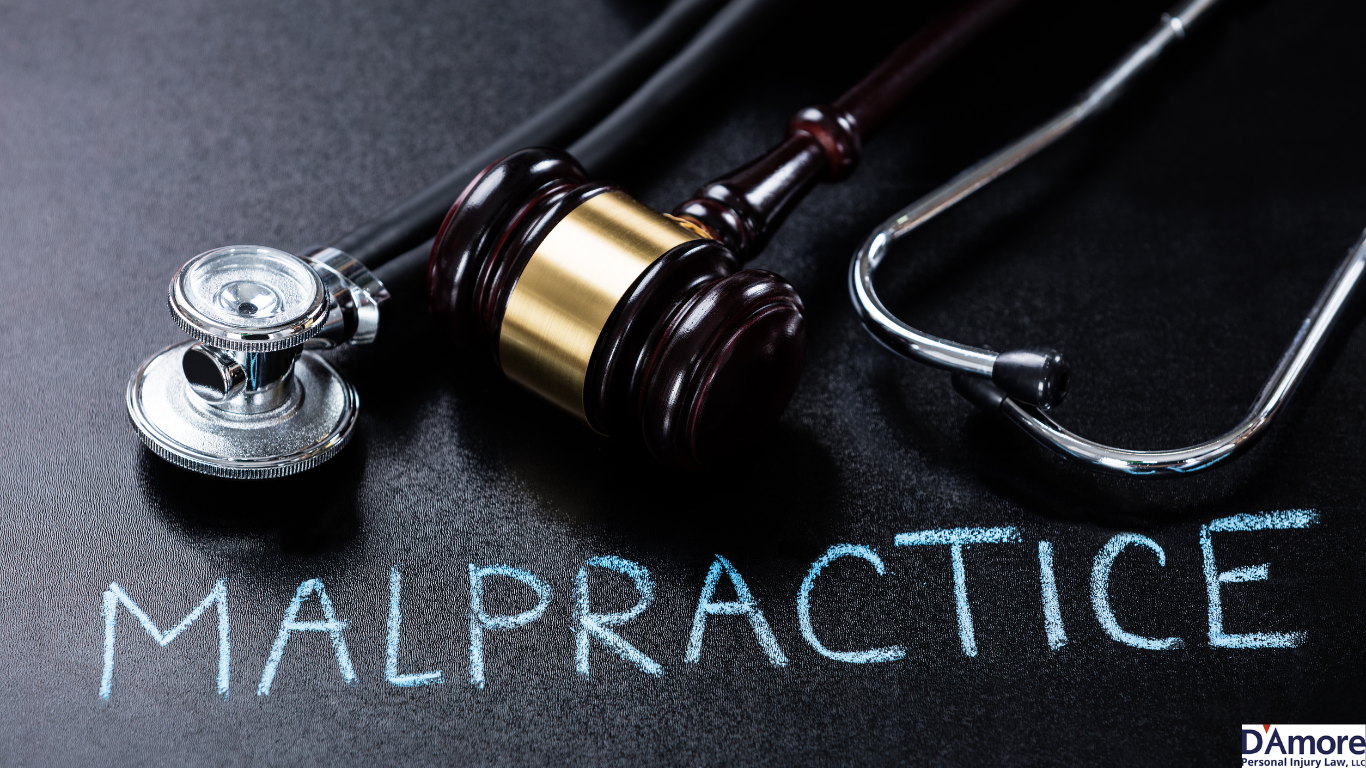What Is Required to Prove Pediatric Malpractice?
When a child suffers harm due to a medical professional’s negligence, the consequences can be devastating for both the child and their family. Pediatric malpractice is a serious legal matter that can arise when doctors, nurses, or other healthcare providers fail to meet the standard of care required when treating young patients. Understanding the elements needed to prove pediatric malpractice is essential for Maryland families who believe their child has been injured due to medical negligence.
This article outlines the legal requirements for proving pediatric malpractice in Maryland and provides guidance for families seeking justice. If your family is dealing with the repercussions of suspected medical negligence, you are not alone. Help is available to protect your legal rights and pursue compensation for your child’s injuries.
Understanding Pediatric Malpractice
Pediatric malpractice occurs when a medical professional’s negligence results in harm to a child. This form of medical malpractice is distinct because children often have unique healthcare needs and vulnerabilities that require specialized attention. Pediatricians, neonatologists, and other child-focused medical professionals are held to a specific standard of care tailored to their young patients.
Malpractice may involve a variety of situations, such as:
- Misdiagnosis or delayed diagnosis of a condition or disease.
- Errors during childbirth or delivery that harm the newborn.
- Prescribing incorrect medication or dosages.
- Failing to identify developmental delays or medical conditions in a timely manner.
- Improper surgical procedures or post-operative care.
To seek justice in a pediatric malpractice case, the injured party must prove that the healthcare provider’s negligence directly caused the child’s injuries. However, these cases can be complex and require a strong understanding of Maryland malpractice laws.
The Four Elements of Medical Malpractice
To succeed in a pediatric malpractice case in Maryland, you must demonstrate four key elements:
- Duty of Care: The first step in proving malpractice is establishing that the healthcare provider owed your child a duty of care. In the medical context, a duty of care exists whenever a doctor-patient relationship is formed. For pediatric malpractice, this relationship begins when the medical professional agrees to treat the child.
- Breach of Duty: Once a duty of care is established, you must show that the healthcare provider breached that duty. A breach occurs when the medical professional’s actions or inactions fail to meet the accepted standard of care expected in similar circumstances. For example, failing to order appropriate diagnostic tests for a sick child may constitute a breach.
- Causation: Establishing causation is often the most challenging part of a malpractice case. You must prove that the healthcare provider’s breach of duty directly caused your child’s injuries. This may involve linking the medical error to specific harm, such as developmental delays, organ damage, or long-term health issues.
- Damages: Finally, you must demonstrate that your child suffered measurable damages as a result of the malpractice. These damages may include physical pain, emotional distress, medical expenses, and, in some cases, future lost earning capacity.
All four elements must be proven for a pediatric malpractice claim to succeed. Without clear evidence of each, the case may be dismissed.
Evidence Required to Prove Pediatric Malpractice
Gathering compelling evidence is critical to building a strong pediatric malpractice case. The following types of evidence are often used to prove malpractice:
- Medical Records: These documents provide a detailed account of the care your child received and can highlight any errors or omissions made by healthcare providers.
- Expert Testimony: Medical experts play a vital role in malpractice cases by reviewing the evidence and providing an opinion on whether the standard of care was breached.
- Witness Statements: Testimonies from nurses, other doctors, or family members who observed the care provided can support your claim.
- Diagnostic Tests and Imaging: Laboratory results, X-rays, or other tests may show evidence of medical errors or delayed treatment.
An experienced attorney can help collect and organize these pieces of evidence to strengthen your case.
Statute of Limitations in Maryland Pediatric Malpractice Cases
Maryland law imposes a statute of limitations on medical malpractice claims, including those involving children. Generally, you must file a lawsuit within three years of the date the injury was discovered or should have been discovered through reasonable diligence. However, special rules apply to minors:
- If the injured party is under 18, the statute of limitations does not begin until the child reaches their 18th birthday.
- Regardless of the child’s age, no claim can be filed more than five years from the date the injury occurred.
It is crucial to act promptly to ensure your claim is filed within the required time frame. Consulting with a Maryland malpractice attorney can help you navigate these deadlines.
Challenges in Pediatric Malpractice Cases
Pediatric malpractice cases can present unique challenges due to the complexity of children’s healthcare. Some common hurdles include:
- Proving Causation: Establishing a direct link between the healthcare provider’s negligence and the child’s injuries can be difficult, especially if the child had a preexisting condition.
- Determining Long-Term Impact: Assessing the full extent of a child’s injuries and their potential impact on future development and quality of life often requires expert analysis.
- Countering Defense Arguments: Healthcare providers and their insurers may argue that the injuries were unavoidable or caused by factors outside their control.
An experienced attorney with knowledge of Maryland’s malpractice laws can help overcome these challenges and present a compelling case.
Compensation for Pediatric Malpractice Victims
If your child has been harmed due to medical negligence, you may be entitled to compensation for:
- Medical expenses, including past and future treatment.
- Pain and suffering endured by the child and their family.
- Lost wages or earning potential if the injury affects the child’s future career prospects.
- Punitive damages in cases of egregious misconduct by the healthcare provider.
The compensation awarded can provide much-needed financial relief for families dealing with the aftermath of pediatric malpractice.
Maryland Pediatric Malpractice Lawyer
If your child has suffered due to suspected medical negligence, seeking legal assistance from a pediatric malpractice lawyer is essential. Pediatric malpractice cases require specialized knowledge, thorough investigation, and a compassionate approach to achieve justice for young victims.
The Maryland attorneys at D’Amore Personal Injury Law, LLC understand the challenges faced by families in these situations. Our legal team has extensive experience handling pediatric malpractice claims and is committed to holding negligent medical professionals accountable. We will work tirelessly to secure the compensation your family deserves.
Contact D’Amore Personal Injury Law, LLC Today
No family should have to endure the pain and uncertainty caused by medical negligence alone. If you believe your child has been a victim of pediatric malpractice, contact D’Amore Personal Injury Law, LLC by calling (410) 846-0284 or contacting us online for a consultation. Our compassionate and experienced attorneys are here to help you understand your legal rights and explore your options. Don’t wait to seek the justice your child deserves.
FREE Case Consultation
Fill out the form below and we will contact you.
Or, give us a call at
410-324-2000

What Makes Motorcycle Accident Lawsuits Different?
Motorcycle riders have the same rights as all other road users, yet they are often overlooked or disregarded by other

Understanding Medical Malpractice Settlements in Maryland
Understanding Medical Malpractice Settlements in Maryland Medical malpractice cases can be emotionally and financially devastating for victims and their families.

How Long Does It Take to Settle a Traumatic Brain Injury Case in Maryland?
How Long Does It Take to Settle a Traumatic Brain Injury Case in Maryland? Traumatic brain injuries (TBIs) can have
